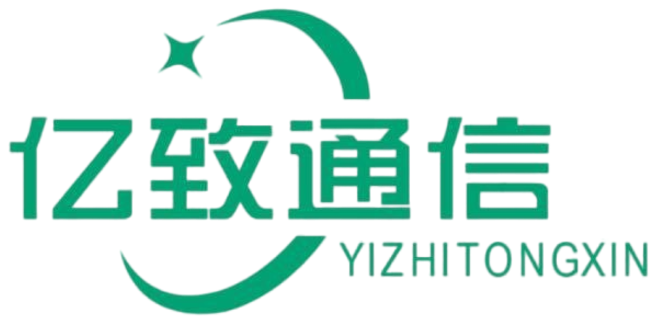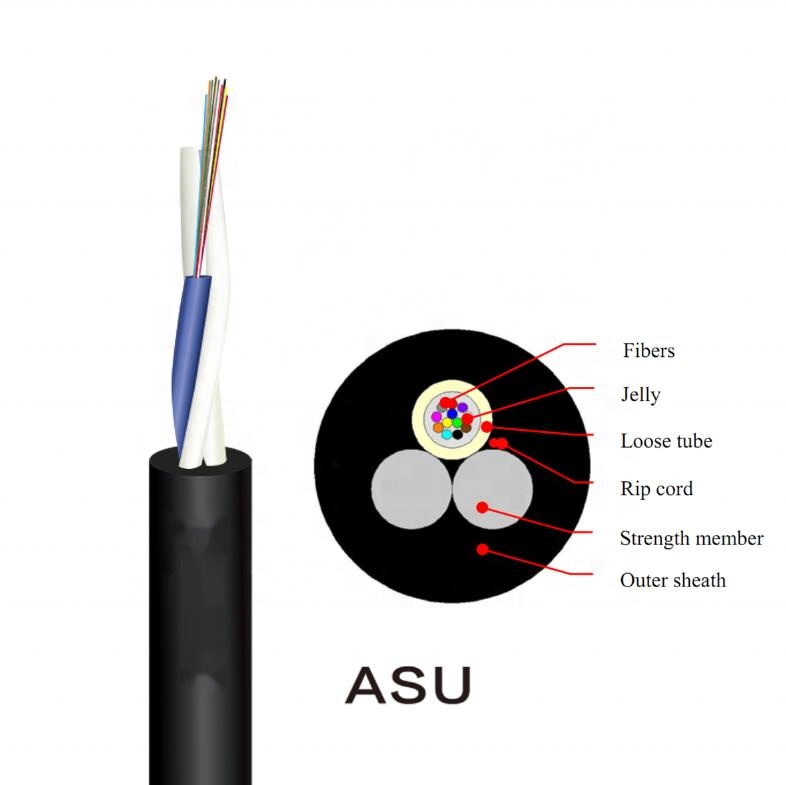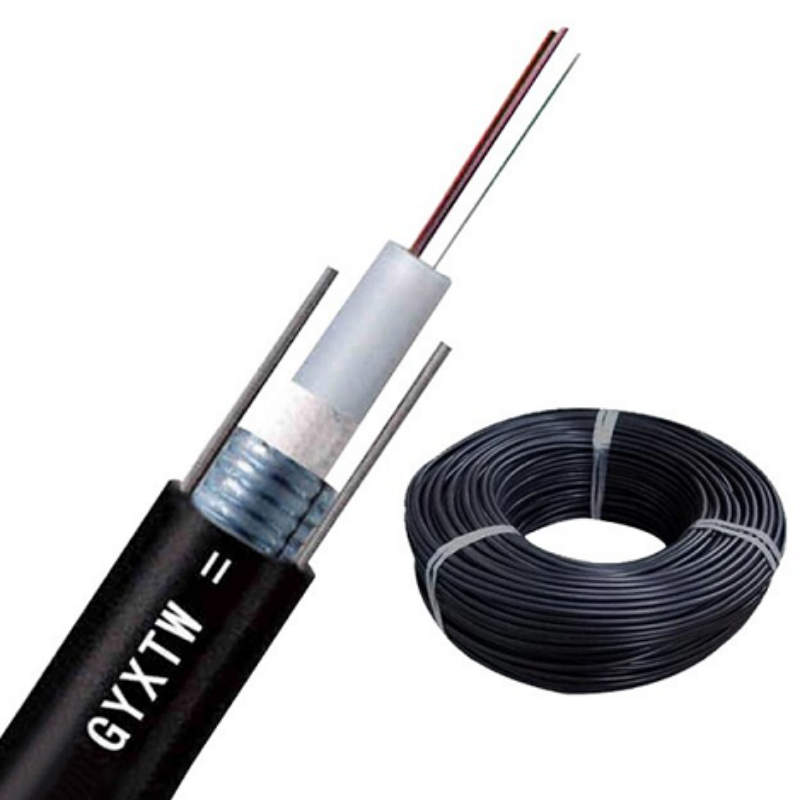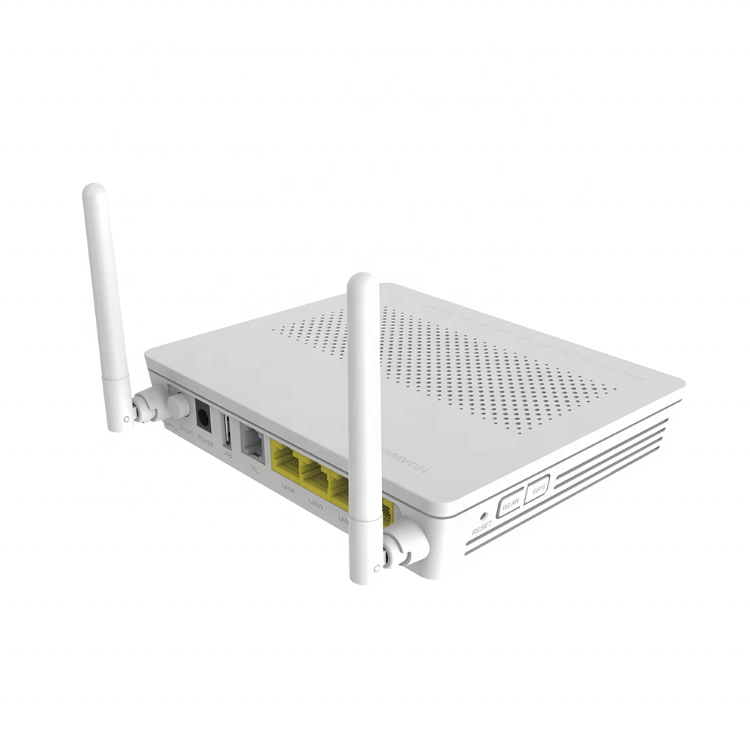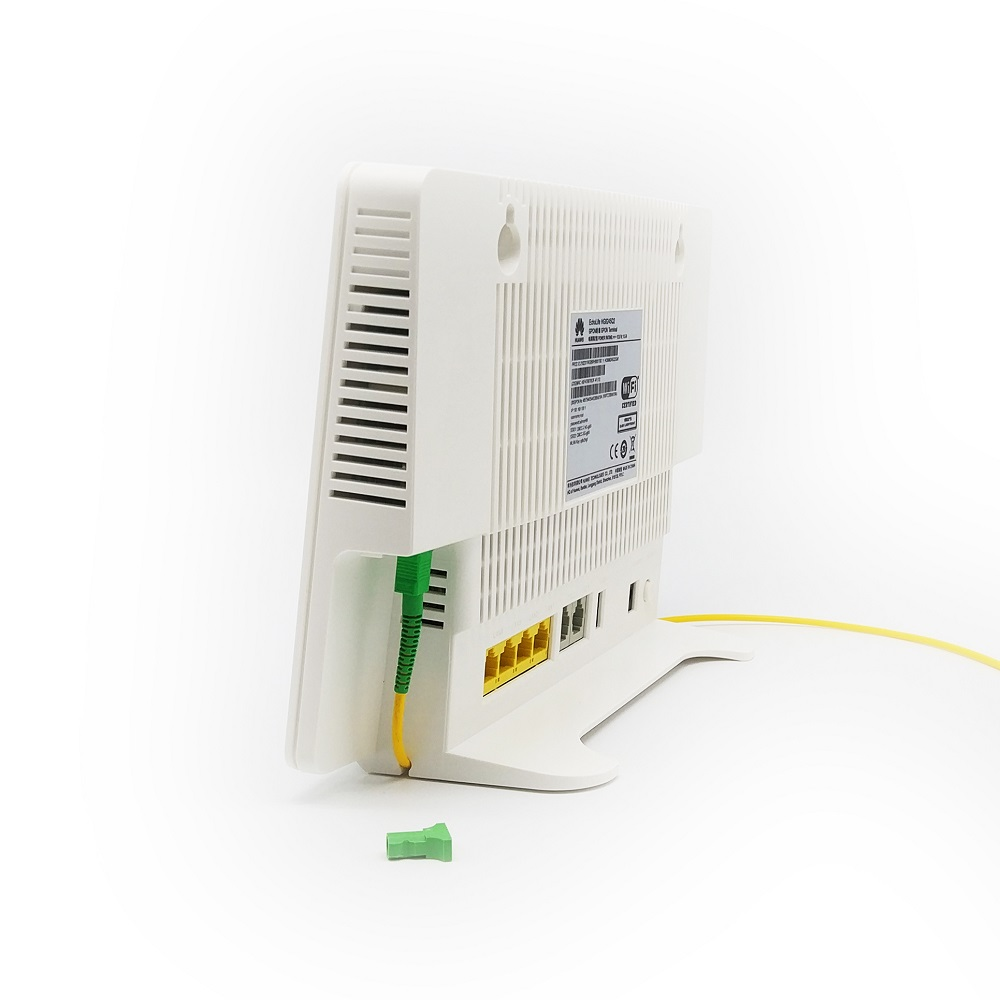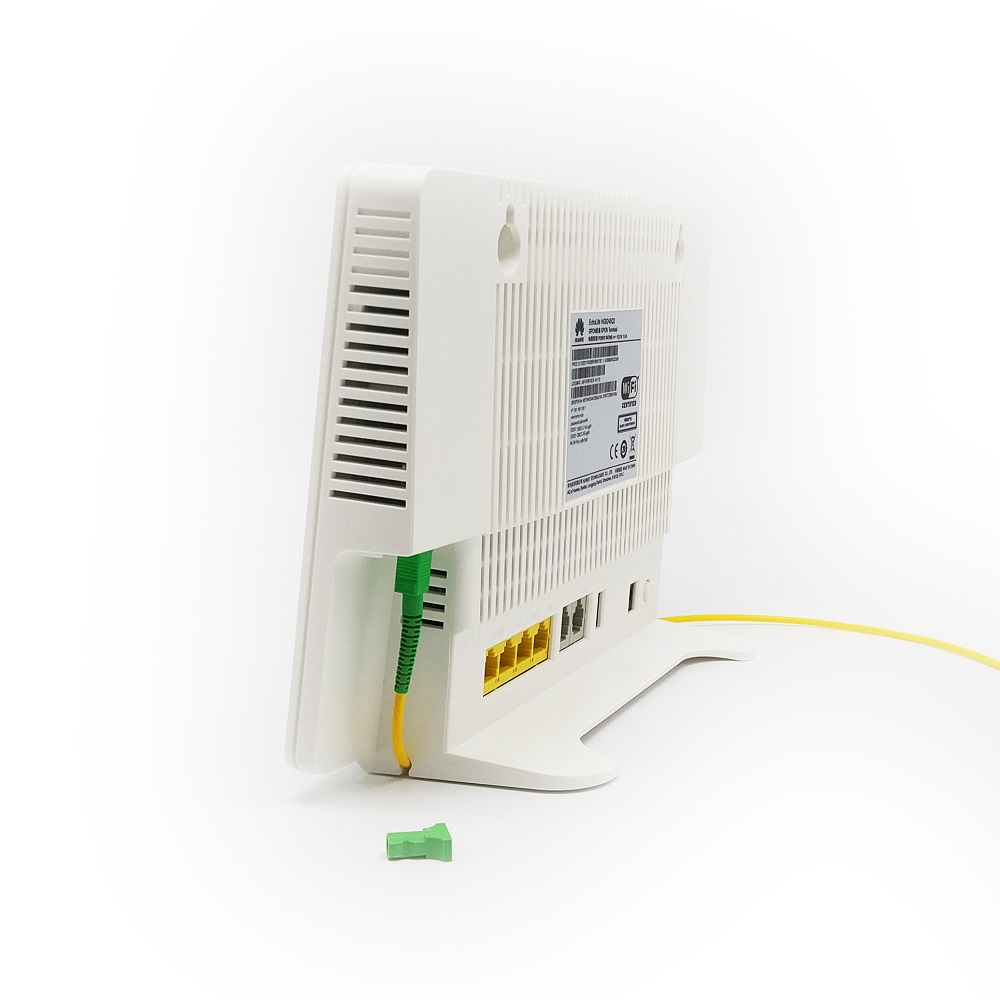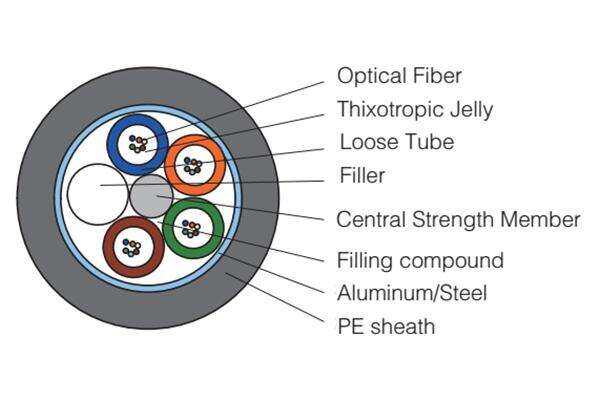ftth тіркесінің бағасы
FTTH кабельның бағасы қазіргі оптикалық волокно желілерінің орналастыруында маңызды талдау ретінде есептеледі, бұл жерде жалпы заттық құрылғылардың құнына сәйкес келетін әртүрлі факторлар бар. Бағалардың ішіне оптикалық волокно кабелдерінің құны қосылады, бұл кабелдер ыстық интернет қосымшасының негізгі элементі болып табылады және ағылшынша шығармашылық жылдамдықта деректерді өткізу үшін жаңа технологиялар пайдаланылады. Бұл кабелдер әртүрлі компоненттерден тұрады, олар стекло ядро, обертка, буферлік қорымақ, және қорғаушы жакеттен тұратын, әрбірі соңғы бағады әсер етеді. Пазарда FTTH кабелдерінің әртүрлі деңгейлері бар, олар стандартты қатарлардан бастап, мәнді қуыршылыққа қарсы қызметкерлерге дейін, бағалары да осылай ауыстырылады. FTTH кабелдерінің бағасын әсер ететін факторлар - волокно саны, кабель құрылымы түрі, қоршаған орның қорғау қасиеттері және құрылғылардың сапасындағы стандарттар. Кез келген уақыттағы FTTH кабелдерінің бағалары өндіріс технологиясындағы жаңа жобаларды қамтиды, бұл жаңа өндіріс процестері қысқартылған заттық құрылғылармен бірге жоғары сапалы қызмет көрсету стандарттарын сақтайды. Бағалардың құрылымында әртүрлі кабель конфигурациялары қамтилған, олар ұшқыр, земеңге және үй ішінде орналастыруға арналған, әрбірі табиғаттық шарттар мен орналастыру сценарийлеріне сәйкес құрылған.
